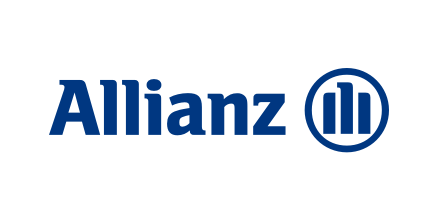When engaging in various transactions and legal matters, it is important to have a clear understanding of the different types of agreements involved. From asset purchase agreements to tenancy agreements, each agreement serves a specific purpose and establishes legal obligations between parties. Let’s explore some of the common agreements and what you need to know about them.
Asset Purchase Agreement
An asset purchase agreement is a legal document that outlines the terms and conditions of buying or selling assets. This agreement is commonly used in business transactions where one party wishes to acquire the assets of another party. It specifies the assets being transferred, purchase price, payment terms, and other important details.
Master Netting Agreement vs ISDA
When it comes to financial transactions, two commonly used agreements are master netting agreements and ISDAs (International Swaps and Derivatives Association agreements). Both agreements provide a framework for managing risk and ensuring the smooth operation of financial transactions. While they have similarities, there are important differences between them that parties must understand.
Chime Account Agreement
A Chime account agreement is a contract between a customer and Chime, an online banking platform. This agreement outlines the terms and conditions of using Chime’s services, including account opening, fees, and dispute resolution. It is important for Chime customers to familiarize themselves with the agreement to understand their rights and responsibilities.
Stamp Duty Agreement to Sell
When selling property, it is necessary to execute a stamp duty agreement to sell. This agreement, also known as a sale deed, provides evidence of the transaction and acts as a legal proof of ownership transfer. It contains details such as the sale price, property description, and terms and conditions of the sale.
Contract Is Not Unconscionable
In legal matters, it is crucial to ensure that a contract is not unconscionable. Unconscionability refers to a contract that is unjust, oppressive, or overly favorable to one party. If a contract is deemed unconscionable, it may be voided or modified by a court. Understanding the elements of unconscionability is essential when entering into contracts.
What Should You Include in a Custody Agreement
For parents going through a divorce or separation, establishing a custody agreement is crucial for child custody and visitation arrangements. This agreement outlines who will have legal and physical custody of the child, visitation schedules, decision-making authority, and other important considerations to ensure the well-being of the child.
When Was the Dublin Agreement Signed
The Dublin Agreement is an international agreement that governs the handling of asylum seekers and refugees within the European Union. It establishes the responsible country for processing asylum applications. The agreement was signed in 1990 and has undergone several amendments over the years to address evolving migration challenges.
CJ Hole Tenancy Agreement
A CJ Hole tenancy agreement is a legal document that outlines the terms and conditions of a rental agreement between a landlord and a tenant. It specifies the rent amount, lease duration, responsibilities of each party, and other important provisions. Understanding the terms of the tenancy agreement is crucial for both landlords and tenants.
Lesson Plan on Subject-Verb Agreement
Teachers often use a lesson plan on subject-verb agreement to teach students about grammatical rules. Subject-verb agreement ensures that the subject and verb in a sentence agree in number and person. This lesson plan helps students understand and practice this fundamental concept in grammar.
Swiss OTC Master Agreement
The Swiss OTC master agreement is a standardized agreement used in over-the-counter derivatives transactions in Switzerland. It provides a framework for parties to negotiate and document their rights and obligations in derivative transactions. This agreement helps mitigate legal and operational risks associated with OTC derivatives.









